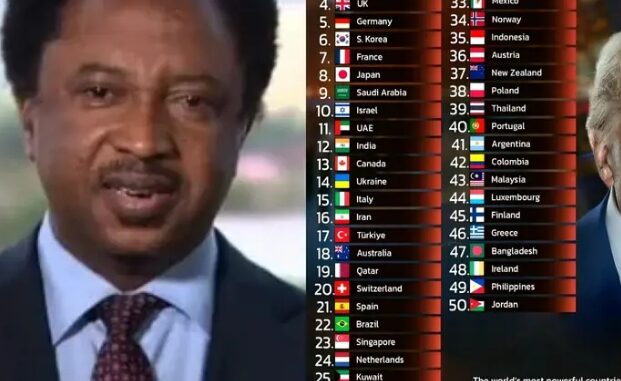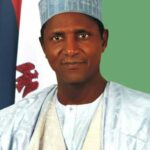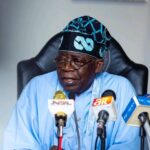
Former Senator representing Kaduna Central, Shehu Sani, has weighed in on a newly released global ranking of the world’s most powerful countries, offering a sharp critique of how international power is defined and measured.
His comments, delivered via his verified X (formerly Twitter) account on Tuesday, October 14, 2025, have sparked renewed conversation around the often-debated criteria for global influence and strength.
In response to the ranking titled Top 50 Most Powerful Countries in the World in 2025, released by Global Statistics, Sani expressed skepticism about the parameters used to define power on the world stage.
Drawing attention to the absence of certain real-world experiences such as war, conflict resilience, or counterterrorism struggles in the ranking’s methodology, he appeared to challenge the depth of the metrics used.
“Some countries are called powerful and they have never fought a war and their military has never been tested by conventional war or terrorist insurgency. They are powerful because they only have weapons they have not used,” Sani wrote in his post, which has since gained wide traction across social media platforms.
The report he referenced, sourced from U.S. News & World Report and shared by Global Statistics, named the United States, China, and Russia as the top three most powerful nations in the world for 2025.
These countries were followed by the United Kingdom, Germany, and South Korea, forming the top six in a list that largely mirrored existing geopolitical hierarchies.
The criteria for the rankings included economic strength, political influence, international alliances, defense spending, exports, and military capabilities. The report noted that the nations listed “consistently dominate news headlines, preoccupy policymakers, and shape global economic patterns.”
Other countries rounding out the top ten included France, Japan, Saudi Arabia, and Israel. While the ranking boasted a diverse array of developed and influential nations from various continents, the representation from Africa was minimal.
South Africa was the only African country to appear on the list, occupying the 28th position. Nigeria, Africa’s most populous nation and one of its largest economies, was notably absent raising eyebrows among domestic observers.
Sani’s remarks appeared to challenge the credibility and relevance of such global rankings, arguing that strength should be more than a reflection of stockpiled weaponry or geopolitical influence.
His emphasis on a country’s experience in conflict or its ability to withstand terrorist insurgencies hinted at a broader understanding of what constitutes real power in a volatile world.
Though Sani did not name any specific countries in his post, his commentary was widely interpreted as a critique of nations that may possess formidable arsenals or economic reach but lack the tested resilience of states that have endured internal or external threats.
His post also reignited debate around the extent to which Africa is recognized in such international analyses.
While South Africa has long been acknowledged as a continental leader in economic and political terms, critics argue that other African countries with growing regional influence, such as Nigeria, Kenya, and Egypt, are often overlooked in mainstream Western assessments of global power dynamics.Continue, Full, Reading>>>>
Find Verified News At Your fingertips Click The Link Above .








Leave a Reply